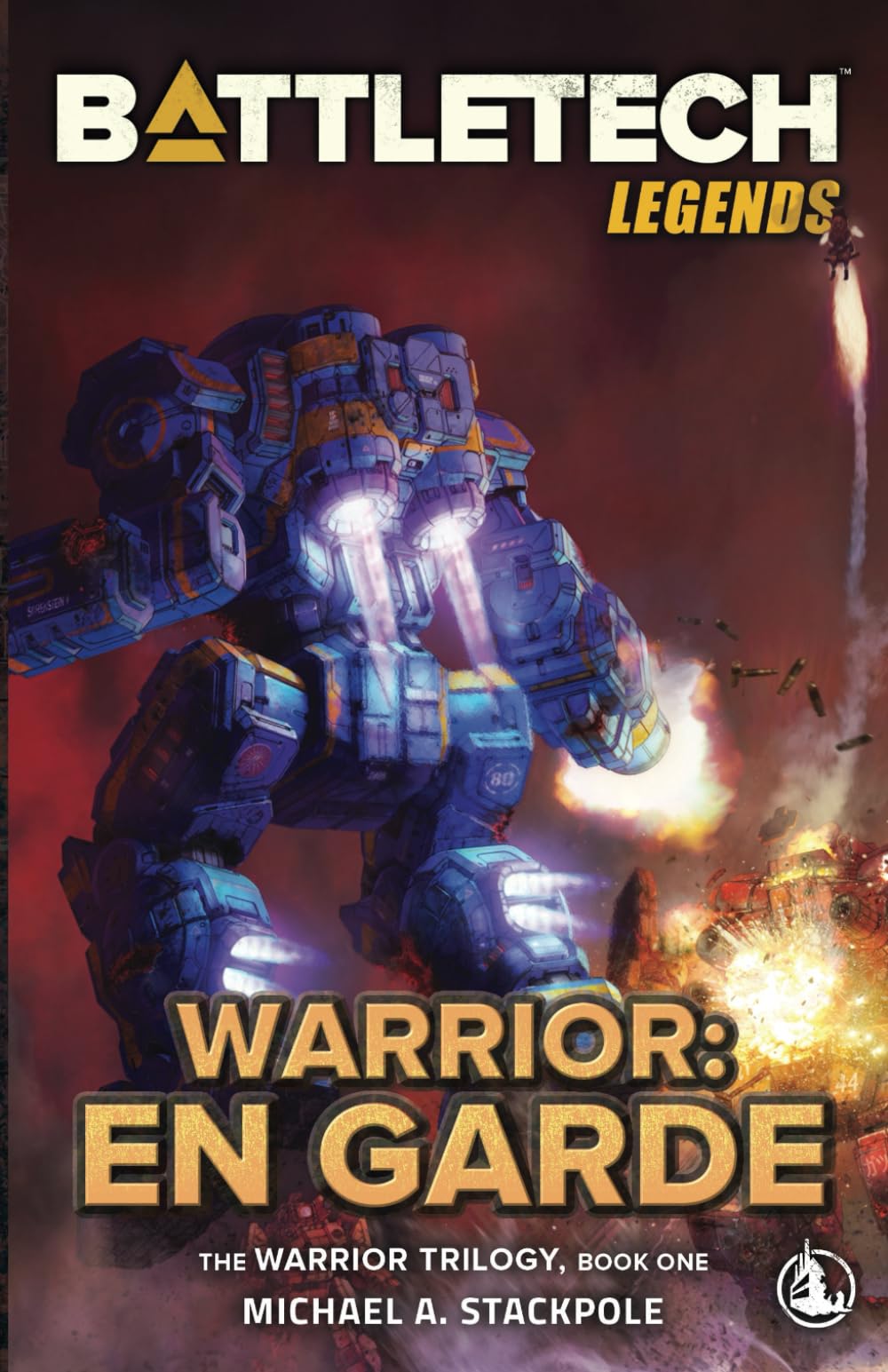This review was one that I wasn’t actually planning on doing, as I’ll be honest, I didn’t think that the book was worth it. This impression lasted for probably the first quarter to almost half of the book unfortunately as it seemed to be such an effort. I’m actually really not to sure why this was, as the early chapters introduced a galaxy spanning conspiracy that would have normally captured my attention quite quickly. For Renegade, though it just didn’t seem to work though and it really felt like I was plodding through it without any enjoyment and I have to admit that more than once I planned on giving it up as a lost cause.
Fortunately for me I didn’t! The pace of the book and the overall story itself picked up dramatically in the latter half of the book with the characters themselves being a lot more engaging and interesting. While I’m pleased to say that this book stayed away from the normal caricatures that I’ve seen (and reported on) in other books, they were still dull and uninteresting in the early pages. When they started to take on a life of their own though – they really started to shine and while the two key characters (LC Eric Debogande & Major Trace Thakur) definitely owned the latter half of the book, quite a few of the supporting characters made a definite impact on me also.
Quick Summary
Without going into too much detail, Earth was destroyed by another species and humanity itself was on the brink of extinction. While there were only a tenth of us left though, another species came to our aid and helped us to rebuild and recover. After Humanity took their revenge on the species that attacked and destroyed Earth (not covered in this book) – removing them from the cosmos – we had access to all of their planets and were no longer at risk of extinction. However the patrons of that species were still around so Humanity along with their benefactors and yet another species attacked them and after 150 years of war (again not covered) managed to defeat them too. This is where the book actually starts – at the end of a massive war and with Humanity seemingly on the verge of peace. However – not everything is as as it seems!
Humanity itself is divided into two distinct factions – the Spacers and the Worlders. The Worlders are the ones that provide the bulk of the workforce and drive the economy but they are generally focused inward on the planet that they live on. The Spacers – about 10% of the population – are the fighters and manage and run the Navy. While they have a much smaller population they own the orbitals and the common feeling is that if the Worlders were in charge, then Humanity would have lost the war as they wouldn’t have focused on what is happening outside their own planetary body. The Spacers decide overall policy but with the end of the Triumverate war, many people are expecting some significant changes to happen.
It is into this politically focused conflict, that the book delves. While there are elements of combat, they occur primarily in the latter half of the book (the part I enjoyed) and the earlier parts of the book are focused more on the search for answers. In some cases answers to questions we didn’t even know we were asking ourselves! One key question though is why was the Captain of the most famous battle carrier in Humanities fleet – Captain Pantillo – court-martialed and then killed before he was even brought to trial and why was LC Eric Debogande framed for this murder?!
Thoughts
I think I’ve mentioned it a couple of times now, but the biggest negative for me was the story they didn’t tell and the overall pace of the book. Some of the battles that could have been covered would have been excellent to read as the ship to ship combat when it did occur in this book was just awesome. The hand-to-hand combat too was extremely well done and I almost wish that this book was number 4 or 5 in a series as by that point we’d have covered Humanities return to the stars and their battles and this exploration of a more internal – civil – matter could have occurred.
The writing style itself I can’t really fault. It wasn’t too technical and while Jump Drives are more of a black box than anything else, the other weaponry on the ships was covered really well. Marine technology is understandable and reasonable & I particularly liked the Hack Saws – rogue AIs that all species in the Galaxy attack on site.
I’d definitely be interested in seeing where this series goes in the future and I really hope that now they’ve kicked off the action the pace keeps up as I’d really be disappointed if things slowed down again.

